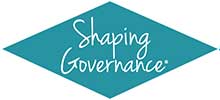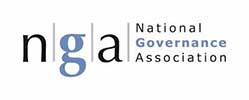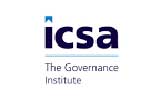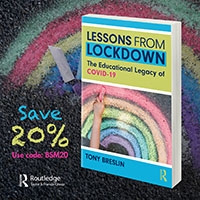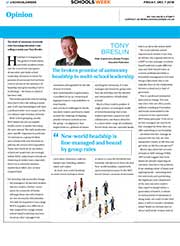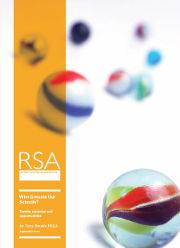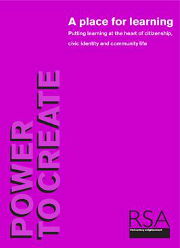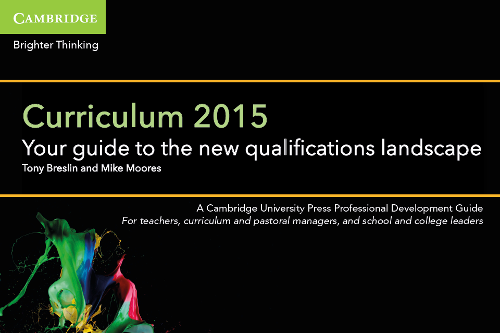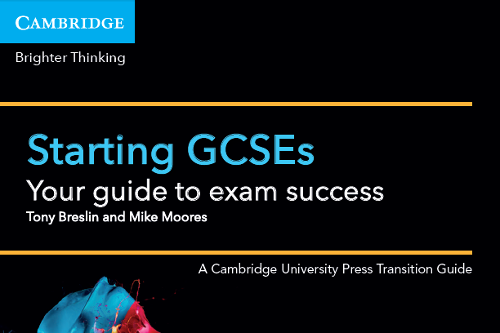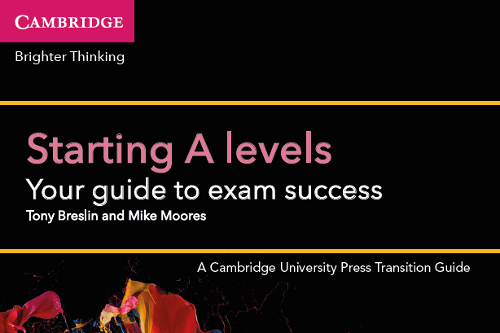












In 1987, 70 per cent of FTSE 100 CEOs had been educated in private schools; by 2007 this figure had dropped to 54 per cent
The Sutton Trust (2018)

"How we exercise governance in our corporations, our hospitals and schools, and our charities is too important to be left to chance"
Cosette Reczek
Permuto Consulting
Transform Governance is a joint venture between Breslin Social Impact and Permuto Consulting


Need consultancy support? We have access to a range of specialists across sectors, across functions, and across the UK and beyond. Contact us to explore possibilities.
Examinations: let’s take this as a wake-up call rather than an excuse to indulge in ‘moral panic’
Thursday 8th December 2011
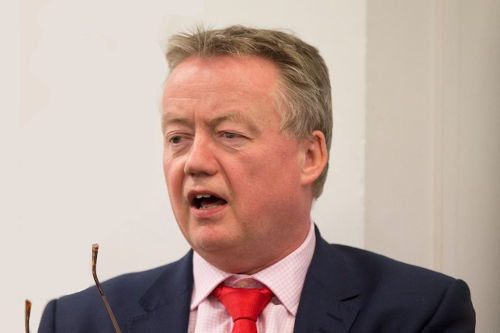
Today’s Daily Telegraph ‘splash’ on the examination system raises important questions about the place of testing in our education system, the wisdom of arranging the major awarding bodies into what amounts to a price-setting oligopoly and, of course, the integrity of the examinations themselves. But, fuelled by the words of a small number of senior examiners – rightly described by one awarding body representative as “injudicious” – the news is unremarkable, or at least unsurprising.
Let me get my own “conflicts of interest” out of the way: throughout the 1990s I served variously as a Team Leader, a Principal Examiner, a Chief Examiner and a Chair of Examiners across GCSE and A level in subjects such as Social Sciences, Sociology and Social Policy, and I did so, as is normal, while working as a teacher, teaching alternative specifications. Frequently, I spoke at conferences, ran training seminars for teachers and revision or examination preparation courses for students, and produced articles and contributed to books, including school text books; examiner status conferred authority. More recently, I’ve accepted an invitation to join the Board of Industry Qualifications (IQ), a new awarding body (and a new type of awarding body) concerned with assessment in the field of professional and vocational education and I continue to scrutinise GCSE papers in Citizenship Studies for one of the big examination boards.
At one stage in this examining career, with my friend, mentor and examining colleague Mike Moores, we ran free-to-attend examination strategy courses for parents and students at a range of comprehensive schools in and around North London. “Cheating” was never a part of the deal (and nor was showboating our examiner status, as some of those ‘caught’ on tape might be accused of) but giving an insight into how exams work, how examiners’ minds work and how a careful study of past papers might reveal trends, key words and questions styles emphatically was. We were enabling students to understand the system, providing much of the cultural capital that a private tutor might offer to a wealthier child and certainly what teachers at elite public schools provide – on everything from A level technique to navigating the university application system – for their charges.
So, let us not castigate those teachers and schools who have the good sense to invest in ensuring that they know all that they should know about exams, examiners and the examination system. And, let us ensure that all students, not just a wealthy few, can access revision programmes with examiner input (the wonders of the web make this possible as never before). Nor should we worry that this kind of thing places the integrity of question papers in doubt; those who succeed should do so because they respond well and produce good answers in strictly controlled, silent conditions, not simply because they manage to correctly guess what is on ‘the paper’.
But, let’s use the Telegraph’s story as a wake-up call, rather than the spur for a moral panic. Twenty years ago, when I started out in examining – as a young teacher keen to learn about how the system worked – for myself and for my students, there were at least a dozen examination boards at GCSE and at A level. Now, three organisations, one owned by a global publisher of, amongst other things, exam text books, ‘run’ that market. Moreover, there is an attempt to exam almost everything that happens in secondary schools through the narrowing lens of these two examination formats (GCSE and A level), an obsession with grades that is now beyond healthy and a situation where secondary schools spend considerably more ‘cash’ on examination entries than on teaching and learning resources. And, just to add grist to the mill, examination results trigger inspections and are aggregated to form a measure of school rather than student success, all this in a competitive market where grades publicly define an individual school’s status. Now, there’s the scope for a commission or inquiry – not about simply how our examination system works, but how our education system does, the latter led and corrupted by the former. Over to you, Mr. Gove!
Tweet Share on Facebook